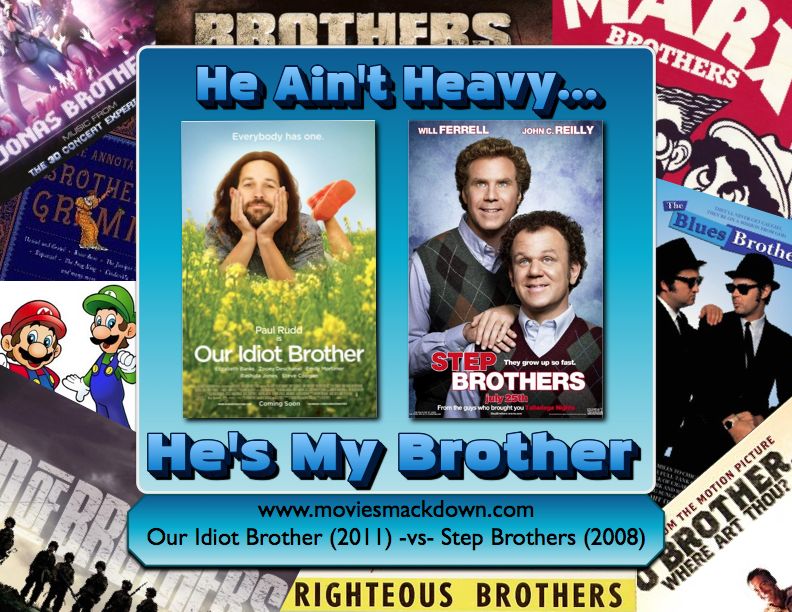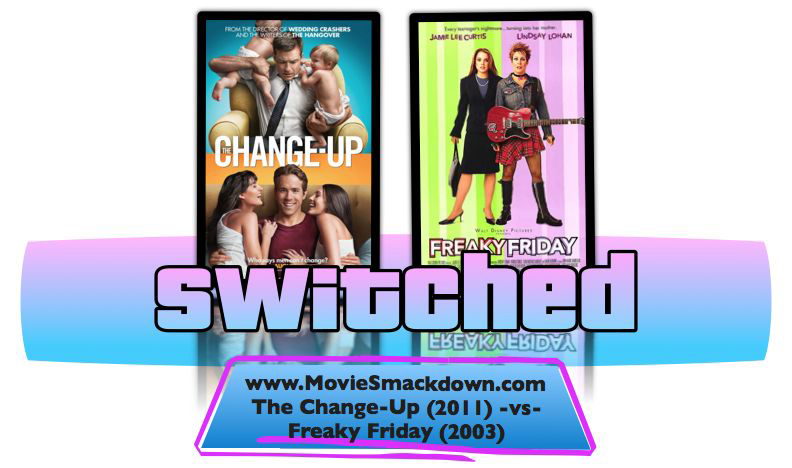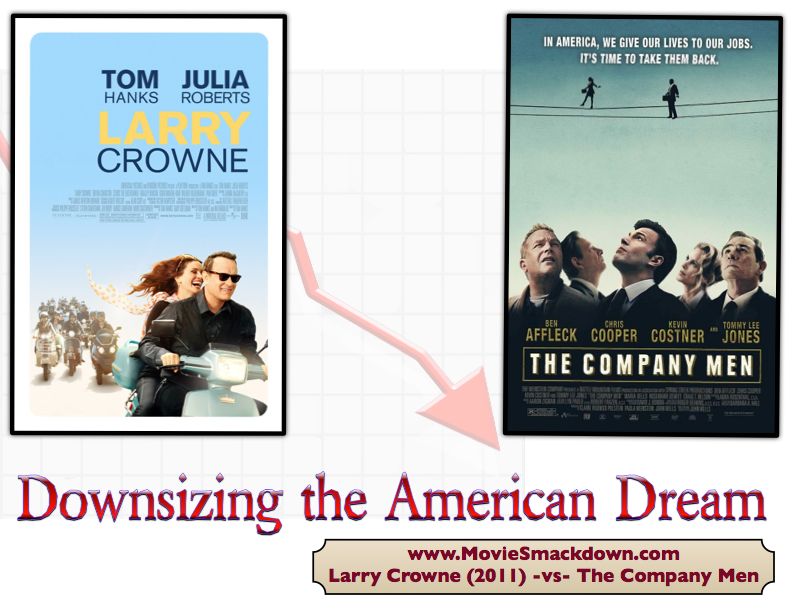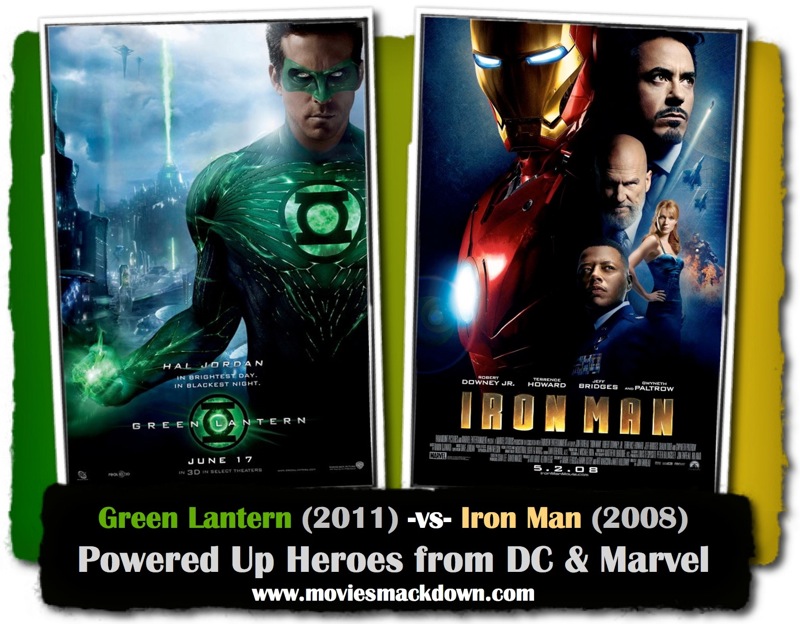
 The Smackdown
The Smackdown
If you have never had a loved one clout you with your own hand while telling you to “stop hitting yourself,†you are undoubtedly the eldest or the only child in your family. Who but a sibling empowered by a few years’ advantage in size and smarts and unencumbered by adult conscience or legal liability can do so much psychic damage?
Most adults must wait for Thanksgiving to revisit (then with any luck, repress) the memories of childhood battles, but every year or two, the movies allow us catharsis. In 2008, Step Brothers, the Judd Apatow-produced comedy starring the eponymous Will Ferrell and John C. Reilly, was the film that made us all realize that maybe our own families weren’t really so bad. Now, in 2011, comes Our Idiot Brother, whose comic exaggeration allows us to laugh at the kind of intimate atrocities we assuredly did not find funny the first time we experienced them. Unless we were the ones committing them.
So forget your ideals of brotherly love, and prepare for a double-shot of sibling revelry. These on-screen family members may learn to accept each other’s eccentricities and live in relative harmony, but in a Smackdown, there can only be one winner.
[singlepic id=1197 w=320 h=240 float=right]
The Challenger
Our Idiot Brother is Ned (Paul Rudd), a blissed-out organic farmer who sells pot to a uniformed officer because the cop complains he’s had a bad day. The film, directed by Jesse Peretz (who also did the Zach Braff slacker comedy The Ex) and written by David Schisgall and Evgenia Peretz (who share a story credit with Jesse) has a slightly misleading title, though you can understand why the family would call Ned that: He’s not mentally deficient, just endlessly naïve and trusting, the kind of guy who asks a stranger to hold his wad of cash as he mops up a spill.
Once paroled, Ned is kicked off the farm. He becomes the ever-upbeat, rotating burden of his family, sleeping on spare or makeshift beds at the homes of his sisters — omnisexual comic Natalie (Zooey Deschanel), currently shacked up with a hard-charging lawyer (Rashida Jones); ambitious journalist Miranda (Elizabeth Banks); and mousy Liz (Emily Mortimer), wed to a documentarian dick (Steve Coogan). Ned hasn’t a mean bone in his body, but his absolute inability to keep his mouth shut soon ruptures every relationship in his family.
Wonderful as the troika of actresses are at expressing varying colors of comic frustration and rage, the film belongs to Rudd, who manages to convey sunny innocence without getting icky.
[singlepic id=1198 w=320 h=240 float=right]
The Defending Champion
Step Brothers is the third of star Will Ferrell’s collaborations with his co-writer and director Adam McKay. Each exploits Ferrell’s gift for portraying a man-child trying to fend off humiliation and rejection. After being besieged by feminist reporter Christina Applegate in the ’70s news satire Anchorman: The Legend of Ron Burgundy, Ferrell recruited John C. Reilly to be his craggier, curlier doppelganger, as a one-time sidekick who moves in on the hero’s life and wife in the auto-racing spoof Talladega Nights: The Legend of Ricky Bobby.
In Step Brothers, Reilly collaborated on the story and graduated to co-lead as Dale Doback, whose long-suffering father (Richard Jenkins) falls for the exceedingly patient mother (Mary Steenburgen) of Ferrell’s Brendan Huff. Like the previous films (and McKay’s buddy-cop The Other Guys that followed), Step Brothers is a genre parody — in this case, of the type of family drama that would have earned an Emmy for Afterschool Special in 1978 –- except enacted by stars decades too old for the roles, and filled with the kind of hard-R raunch you still can’t show on network.
Comedians from Laurel and Hardy through Martin Short have delighted in turning themselves into children, but generally through makeup or trick photography. Ferrell and Reilly go minimal, simply playing 40-year-old boys, unemployable losers who refuse to grow up or move out. Until they eventually learn their lesson and become productive citizens, their size and ferocity magnify their spats into mayhem — although their subsequent bonding is equally destructive to their step-parents’ marriage, home and possessions.
And if you think that’s the end, you don’t know Ferrell, McKay or Reilly very well.
The ScorecardÂ
Oh, brother, this is going to be tough. Both films revolve around the intimate battles of siblings. Both depict Mom and Dad as having long, long ago given up trying to parent (Shirley Knight is Ned’s boozy but loving mom). Both feature Adam Scott. (In Our Idiot Brother, he’s Miranda’s buddy who’s hot for her but put off by her bossy streak; in Step Brothers he’s excellently slimy as Brendan’s over-achieving, jerk brother Derek.) Also in both casts is Kathryn Hahn, playing the least mellow hippie ever in Idiot (when she evicts Ned, she keeps his dog out of spite), while acting hilariously repressed in the older film as Derek’s dominated wife.
There are two major differences between these two rivals. One is tone: Step Brothers is flat-out farce, cheerfully lobbing its illogic in our face like a spit-wad and daring us to do something about it. Everyone in the story is at least mildly insane; it’s just that Ferrell and Reilly’s brand of mania is so outsized that it grabs the most attention. Our Idiot Brother soft-pedals the slapstick in favor of less exaggerated characters and more intricate plotting, which allows Ned to wreak maximum damage to his sisters’ lives without the slightest intention.
The other difference is backstory. Ned has virtually none. Aside from his Inspector Clouseau poster (which at least bespeaks excellent taste in comedy), there is no clue to his childhood, nor do any of his family ever mention what might have made a charming, intuitive guy into such a clueless, passive dupe. It can’t be just the pot — Ned is not stoner-stupid. But he does drift through life determined to believe the best about everyone, until he’s told to betray a confidence. Since that’s something he’s been blithely doing throughout the story, it’s strange that his big choice –- the one that finally forces him to change his life — occurs offscreen.
Brendan has backstory to burn, and he’d doubtless like to. It’s not the violent war of the stepbrothers that truly propels McKay’s film, but the aggression of Brendan’s biological brother. As Derek, Adam Scott cranks the smarm meter up to 11, beguiling parent and step-parent alike, while he continues his lifelong torment of his geeky brother. In a flashback to Brendan’s talent-contest trauma, even the saintly Steenburgen cops to having joined in Derek’s chant of “Brendan has a man-gina.†To add insult, Derek is the little brother.
The Decision
The similarity of titles and the comic tones (at least, as advertised) make this Smackdown inevitable. Our Idiot Brother scores points for clever story, believable characters and a lot of laugh-out-loud moments, but it’s ironic that this collaboration of the Peretz siblings doesn’t delve into just what the on-screen sisters think happened to their brother. The literally balls-out comedy of Step Brothers is a cartoon by comparison that makes no concession to reality, yet there is a palpable sense of hurt in Ferrell’s performance that, perversely, makes it even funnier. Step Brothers doesn’t make sense, but it will make you laugh hard, and often. Decision on points to Step Brothers.
By the way, you get two for flinching.
Featured SmashUp!
Contagion -vs- Outbreak “Microbes from Hell”
httpvh://youtu.be/EQX7KsrXqUY




it was alright
it was shit I hated it